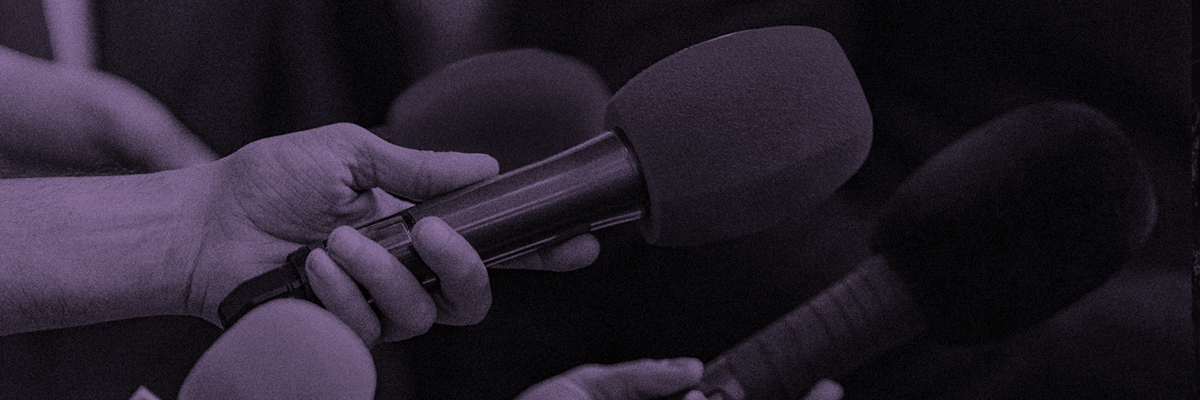Avoid dodgy "bargains"
One in four UK holidaymakers will snap up an electrical bargain while abroad this summer, blissfully unaware that they could be putting themselves in danger when using them, according to latest research by the Electrical Safety Council.
Buying cheap and even counterfeit goods whilst on holiday abroad is a popular pastime with holidaymakers keen to bag a bargain. However, while a fake Prada handbag or rip-off Nike shoes can only damage your wallet, buying cheap untested and poorly manufactured electrical goods and toys could be potentially lethal, warns the Electrical Safety Council.
“On holiday, we let down our guard and take risks. We expect to find bargains so are not suspicious of low prices and indeed are delighted at the idea of getting a bargain buy to bring home. But holidaymakers should not take risks with cheap electrical items – they are potentially unsafe and can result in serious danger of electric injury,” says Phil Buckle of the Electrical Safety Council.
The potentially devastating effects of purchasing sub-standard electrical goods abroad were highlighted last year in the case of a 7-year old British boy on holiday in Thailand who was electrocuted by a counterfeit Gameboy charger purchased in a local store and later found to have serious defects.
“There are precautions people can take – such as not buying electrical appliances from street markets or back street stores and questioning the quality of rock bottom priced items. But the safest course of action, if you’re in any doubt as to the authenticity of an electrical product, is not to buy at all.”
Travel expert Simon Calder adds, "A holiday, like life, is much happier and safer if you do just a bit of risk analysis. Nothing too tricky: Do I really need that extra drink? Am I a good enough swimmer to cope with what may be a strong current? And is it really a good idea to buy electrical gear from a market stall in a foreign country?
“Plenty of people are on your side when you take a holiday - your tour operator, the Foreign Office and the host community. But there's no such thing as touristic immunity - everyone has to take responsibility for themselves and their family.
"Personally I wouldn't take the risk of buying a 'bargain' iPod, mobile phone charger or PlayStation abroad unless I had full confidence in the manufacturer and the vendor."
Trading Standards is also alarmed by the growth in dangerous, counterfeit electrical appliances and, like the Electrical Safety Council is warning holidaymakers not to take risks.
“Counterfeit electrical products are not subject to regulated testing so are often unsafe due to poor manufacturing and lacking key components. For example, fake hair straighteners explode or short circuit as a result of faulty electrical connections, bogus power tools melt due to faulty wiring and plastic internal parts instead of metal ones and mobile phone chargers melt or explode, as they lack a device to stop them overcharging,” said Christine Heemskerk at Trading Standards.
The Electrical Safety Council has the following advice:
• Never take any risks with electrical items – if in any doubt at all, do not buy it
• If it’s too cheap to be true, it’s almost certainly not the genuine article and may pose a serious safety risk
• Don’t buy electrical goods from back street, market or street traders – even if it appears to be in branded packaging
• If you must purchase electrical goods buy direct from the manufacturer or a trusted high street retailer. However, due to differences in voltages (V), frequency (Hz) and plug compatibility in different countries we would advise against buying electrical appliances abroad for use back in the UK.
• If you’re taking electrical appliances from the UK on holiday, check the type of sockets and voltage used in the country you are visiting before you go and buy the correct travel adaptor and/or voltage converter in the UK. For safety all modern travel adaptors must meet BS 5733.
For further information contact media@electricalsafetyfirst.org.uk
